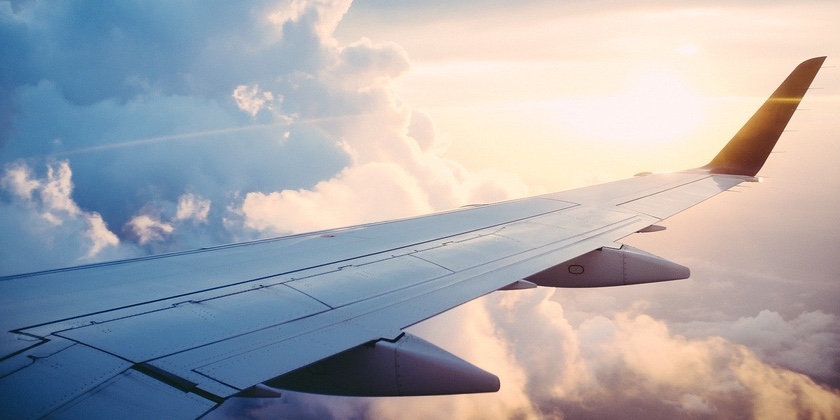Airline Add-Ons Can Quadruple Flight Prices, Says Which?

Consumer group Which? is urging the UK government to include all airline fees, such as seat selection and luggage charges, in its upcoming crackdown on ‘drip pricing’ practices. The Digital Markets, Competition and Consumers Act (DMCC Act) is set to take effect in April 2025, aiming to end the practice of adding unexpected charges onto advertised prices. However, Which? warns that it remains unclear whether airlines will be forced to disclose these additional fees upfront.
Which? research highlights how ‘drip pricing’ can significantly increase the cost of budget flights. In one example, a Wizz Air flight from London Luton to Lyon surged from £29 to £124 once extras like cabin bags and seat selection were included—an increase of 328%. Similar findings were reported for Ryanair and easyJet, where final costs more than doubled due to extra fees.
Which? Director of Policy and Advocacy, Rocio Concha, said: “Sneaky dripped fees can hugely change the final price people pay for goods and services, particularly with flights, where the difference between the advertised price and the final fare can easily reach hundreds of pounds for a family.”
The consumer group wants the DMCC Act to ensure that additional fees are clearly presented at the start of the booking process, allowing customers to compare the true cost across airlines. It also advocates for banning airlines from charging parents to sit next to their children. Ryanair, for instance, charges parents for reserving seats next to under-12s, despite growing international efforts to stop such fees.
A Which? analysis of 15 budget flights showed that Wizz Air had the highest average extra fees. For example, a £40 flight from London Gatwick to Milan climbed to £127 after adding seat selection, a cabin bag, and priority boarding, with add-ons accounting for 69% of the final fare. Ryanair and easyJet showed similar patterns, with extras sometimes making up over half of the total cost.
Other countries, like Italy and the US, have moved towards banning such charges, especially for families and disabled passengers. Which? is now calling for the UK to follow suit, ensuring passengers are protected from hidden fees that distort the true price of budget flights.
A Wizz Air spokesperson responded:
“As an ultra-low-cost carrier, we allow passengers to choose which services they wish to purchase so we can offer the most affordable travel opportunities in the entire industry. Optional add-ons are not required to fly, and we believe that customers should be offered the choice and flexibility to choose the right products.
“The cost of our fares and optional add-ons are dynamic and based on factors like seasonality, demand, and route specifics. This research fails to consider these complexities and does not compare like-for-like routes between airlines.”
An easyJet spokesperson commented:
“easyJet customers only pay for the ancillary products they want, which enables us to keep fares low. Around a third of easyJet’s customers choose to only pay for the fare and a free under-seat bag without adding any extras at all. Our algorithm also aims to seat families together, and nearly 90% of passengers who book together are seated together automatically.”
A Ryanair spokesperson added:
“This is more fake news from Which?. Ryanair’s seat selection starts from €4, not the £8 quoted by Which?. We don’t charge ‘parents’ to sit with children. The child seats are free when seated next to a parent, who must reserve their own seat for €4.”
Spotted something? Got a story? Email: [email protected]
Latest News
